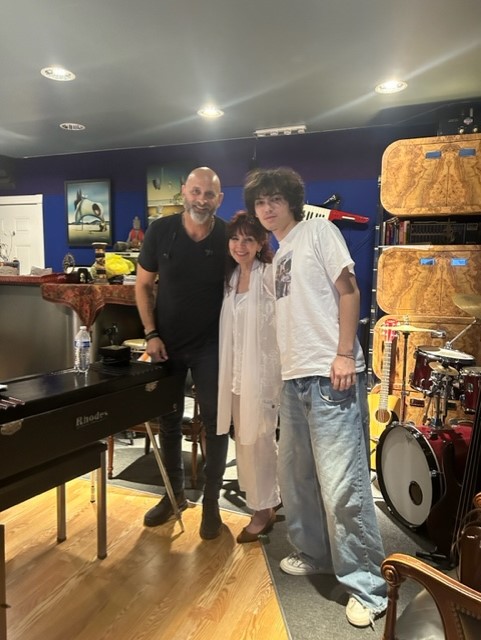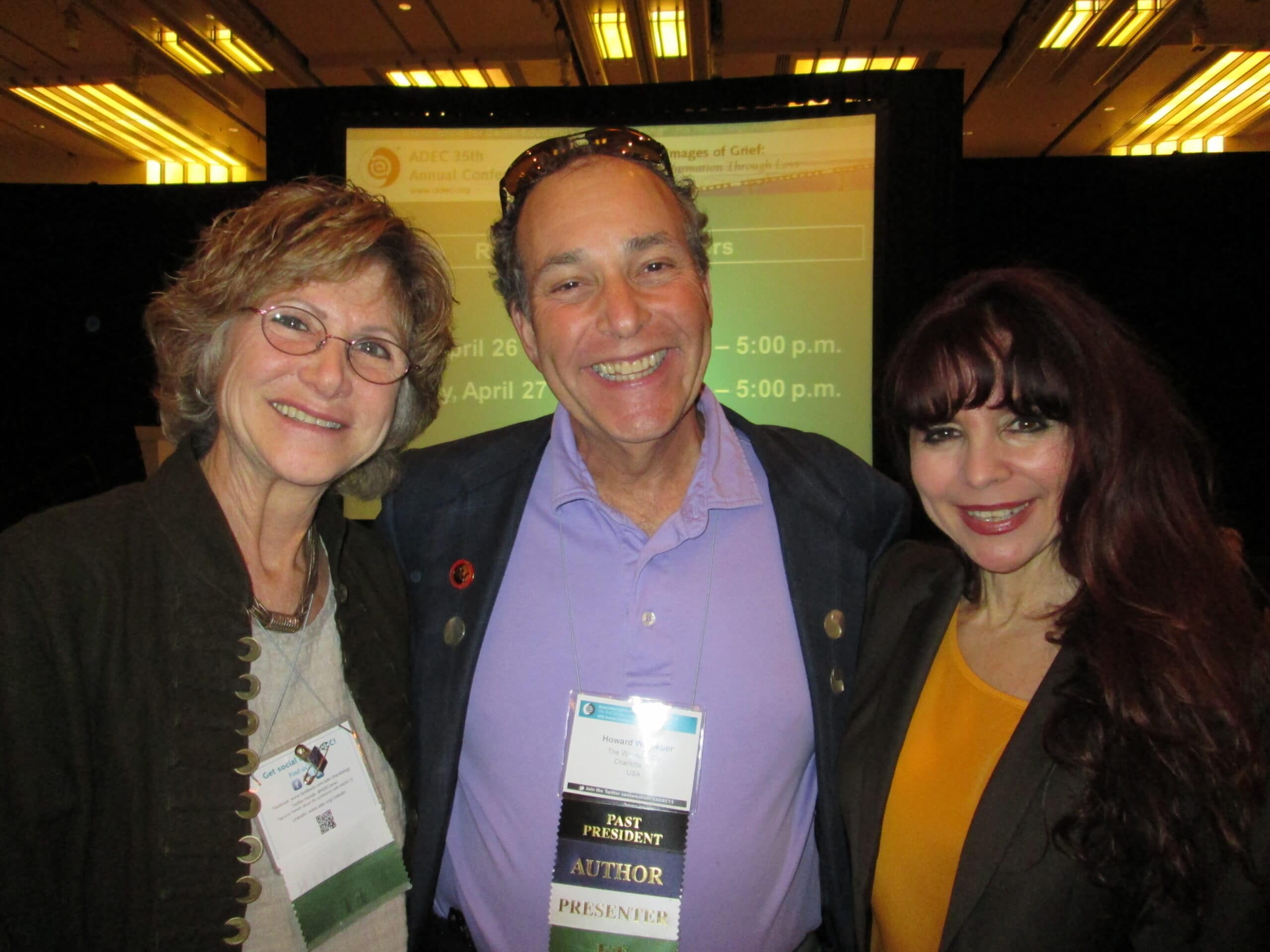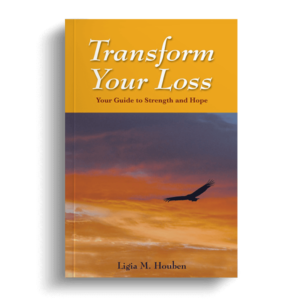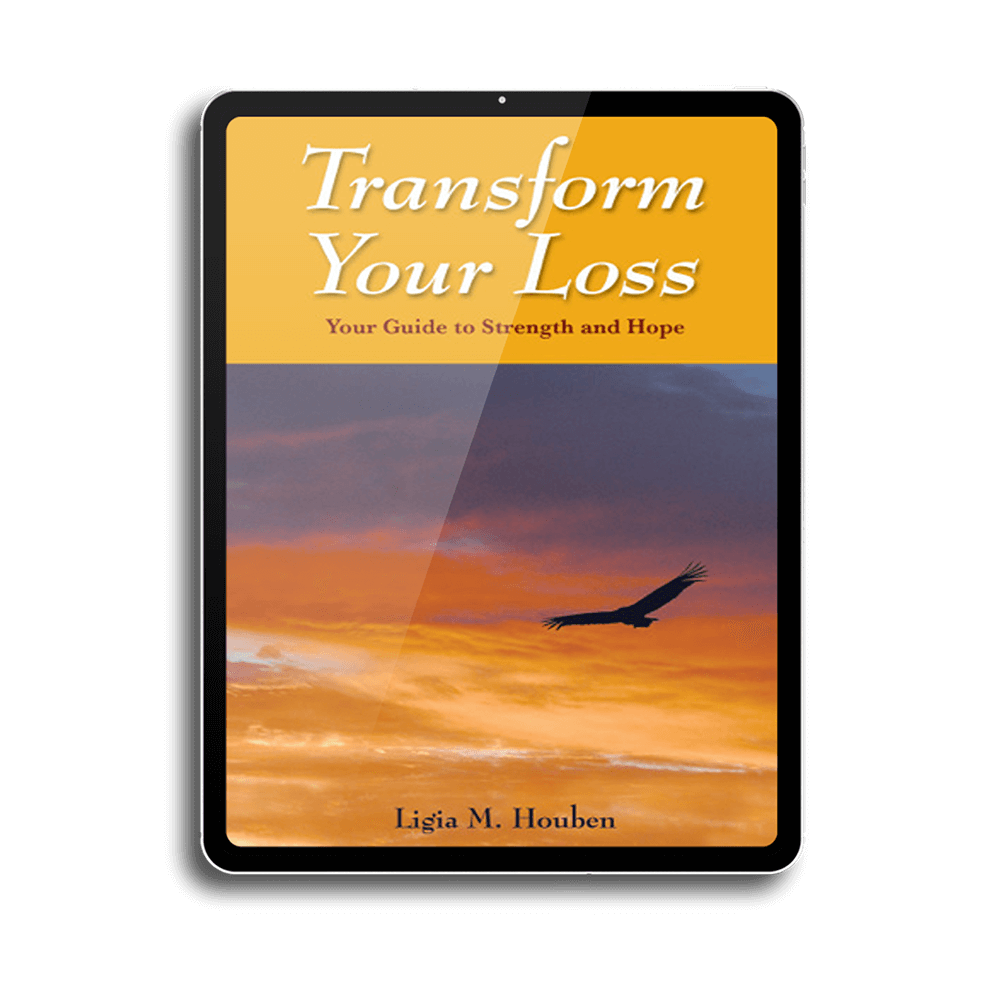
by Ligia Houben | Nov 26, 2023 | blog, Blog US
Introduction
Grief is a journey with unique paths, and it was uniquely challenging for Leonidas Reimer, a young adolescent. Losing Kennedy, his girlfriend, to suicide, Leonidas found himself engulfed in a sea of emotions. However, in the depths of his sorrow, he discovered solace and expression through music. His story is one of healing and transformation, a narrative that resonates with the power of purpose and passion. Although Leonidas’ world turned upside down when he lost Kennedy, he was determined to channel his pain into something meaningful.
The Healing Power of Music
Music became Leonidas’ refuge, and he started working on his album, “Songs for a Long Train Ride Home.” He poured his heart into melodies and lyrics, each note a step towards healing. His songs, raw and honest, are a tribute to Kennedy; they are a way to keep her memory alive.
Because music is his passion, I wanted him to meet Marlow Rosado, an amazing human being and accomplished musician. He is the winner of two Grammys and producer of my upcoming audiobook in Spanish, “Déjame vivir mi duelo…y sanar de adentro hacia afuera” (Allow Me to Grieve…and Heal From the Inside Out). Leonidas visited Marlow’s studio when we were recording, and he had the opportunity to learn from Marlow’s experience and share his story.
In the sanctuary of Marlow’s studio, surrounded by instruments and echoes of creativity, Leonidas shared his album “Songs for a Long Train Ride Home.” Marlow listened to Leonidas’ journey, and with an open heart, he offered more than just musical advice; he provided sensitive insights on healing through purpose. Leonidas’ encounter with Marlow was profound as it confirmed his mission: to use his music as a beacon for others traversing the dark waters of grief. It touches my heart to see how Leonidas has embraced the transformative power of music, demonstrating how it can be a vessel for grief, carrying it from the shadows into the light.
Leonidas’ story is a poignant reminder that a melody of hope can emerge in the depths of despair. Through his music, he honors Kennedy’s memory and offers a guiding light to those who have experienced similar loss. Furthermore, his journey continues after his music. He is also working on a film, “The Kennedy Project,” to introduce a proactive stance to suicide prevention.
Reflection
Grief is a profound and complex emotional response to loss, particularly when we lose someone significant in our lives. Although the process varies significantly from person to person, being witnessed in grief is crucial. What helps the most is to express our emotions in a safe and understanding environment, validating our feelings and experiences. Healing from grief is a gradual process of re-engaging with life, finding new meanings, and living life with a renewed sense of purpose.
As I reflect on Leonidas’ journey, I am confident he will continue showing the resilience and compassion of his human spirit, and his ability to find solace and meaning in creativity.

by Ligia Houben | Dec 19, 2020 | Blog US
In our lives, we meet people that make a difference. Dr. Howard Winokeur was someone who touched my life in a memorable and meaningful way.
I met Howard when I joined ADEC (the Association for Death, Education, and Counseling) almost 15 years ago. I remember walking in the hallway on my way to a seminar when I saw this gentleman with the most welcoming smile on his face coming my way. He introduced himself, and through his warmth and comfortable presence, he made me feel at home. It was the beginning of a beautiful relationship as we kept communication regularly until ten days before his passing. I didn’t know he was sick; therefore, when I read the news through an email from ADEC, my heart froze. I was shocked and numbed. I read the email three times to be able to comprehend what had happened. I could not believe that this man, who just a few days before had told me on the phone he was on his way to a Tennis match, had died. What had happened? He had contracted Covid-19 and took his last breath at home. My heart sank with so many memories coming to my mind and soul.
I remembered his joy and wittiness, his passion for life, and his love for music. I remembered how he played the guitar at ADEC conferences. Through his music, he lifted our spirits and made us cry and laugh. His wittiness was incomparable. He had a unique combination of humor and compassion. I remember that when my mother died six months ago, he called me to hold a loving space for me. We spoke for almost an hour. Just before hanging up, he made a funny and cute comment, and I laughed. He also laughed and said, “now, you can say I made you laugh in the midst of your pain”; this was Howard. He had a way to turn things around with love and care.
As a professional in the field of grief and loss, he was brilliant. 
He wrote several books and was an international presenter. His work was recognized through numerous awards. He embodied the grief professional you want to have next to you: compassionate, caring, loving, and hopeful. Something I loved about him was his desire to lead by example. He talked about self-care, and he paid attention to his needs. He regularly played tennis, meditated, and did Yoga. Every year he fastened for two weeks. He believed in having a balanced life.

When he was ADEC president, we had the annual conference in Miami, Fl, where I reside. This conference was a special one. It was combined with the International Conference on Grief and Bereavement in Contemporary Society. He was very excited about this event and dedicated himself to make it memorable. We visited different organizations that could support him or be interested in participating. It was a success, and it meant a lot to him.
As a colleague, I trusted him with my heart. When I was a PESI presenter with my seminar Transforming Grief and Loss, I could not deliver my seminar a couple of times due to health issues.
I called him to see if he could support me in presenting on my behalf. He made the time as he knew my 11 Principles of Transformation® were very special to me, and I trusted him with them. He said to me, “I know they are your baby. Don’t worry, just tell me how you want me to present them”; this was typical of Howard. The last time he presented the seminar was in May, and he did it in Zoom, as live seminars were canceled due to the pandemic. I had the pleasure of sharing some time with him at the beginning of the Zoom presentation. The way he introduced me will always stay in my heart.
Howard impacted my life and the lives of the many people he touched through his teachings and his love.
He made a difference in this world and will be missed.
ADEC and the world are grieving this loss; however, his legacy continues touching our hearts.
He is an inspiration for all of us. Howard, you continue living in our hearts!

by Ligia Houben | Oct 4, 2018 | Blog US
When we are consumed by grief, we may feel we are the only persons hurting, and we may not notice the pain of others. Furthermore, we may be so blinded by our grief that we may say or do things that are hurting people we love.
If this has happened to you…do not feel ashamed, it happens to all of us. What matters the most is to be aware we are doing it and stop it at once.
Hurting others do not alleviate our own pain. It may even make it greater.
If you have hurt someone due to the pain you are experiencing, recognize it and ask for forgiveness. Yes, be humble and recognize your mistake, because it is a mistake to hurt the people we love. The moment we are able to enter the worldview of others we will be able to develop compassion and understanding. We will be able to leave our own pain aside and embrace the pain of our beloved one.
If we are proud and stay in a place of not admitting we were wrong, we will find ourselves in a cycle of hurt, pain, resentment, and more pain. At the end, you are not only hurting the other person; you are hurting yourself.
Some people choose not to say “I am sorry” out of their pride. They wait for the other person to say it first.
What about if the other person is in the same position?
Couples break-up, parents and children have dysfunctional relationships, and bosses and employees destroy relationships because of their pride.
Therefore, next time you feel you are the only person hurting, take a closer look at the person next to you. It has been said that if we leave our pain aside and understand the pain of others…our pain becomes lighter.
As you transform your loss, you transform your life!
Ligia M. Houben, MA, FT, CGC, CPC








